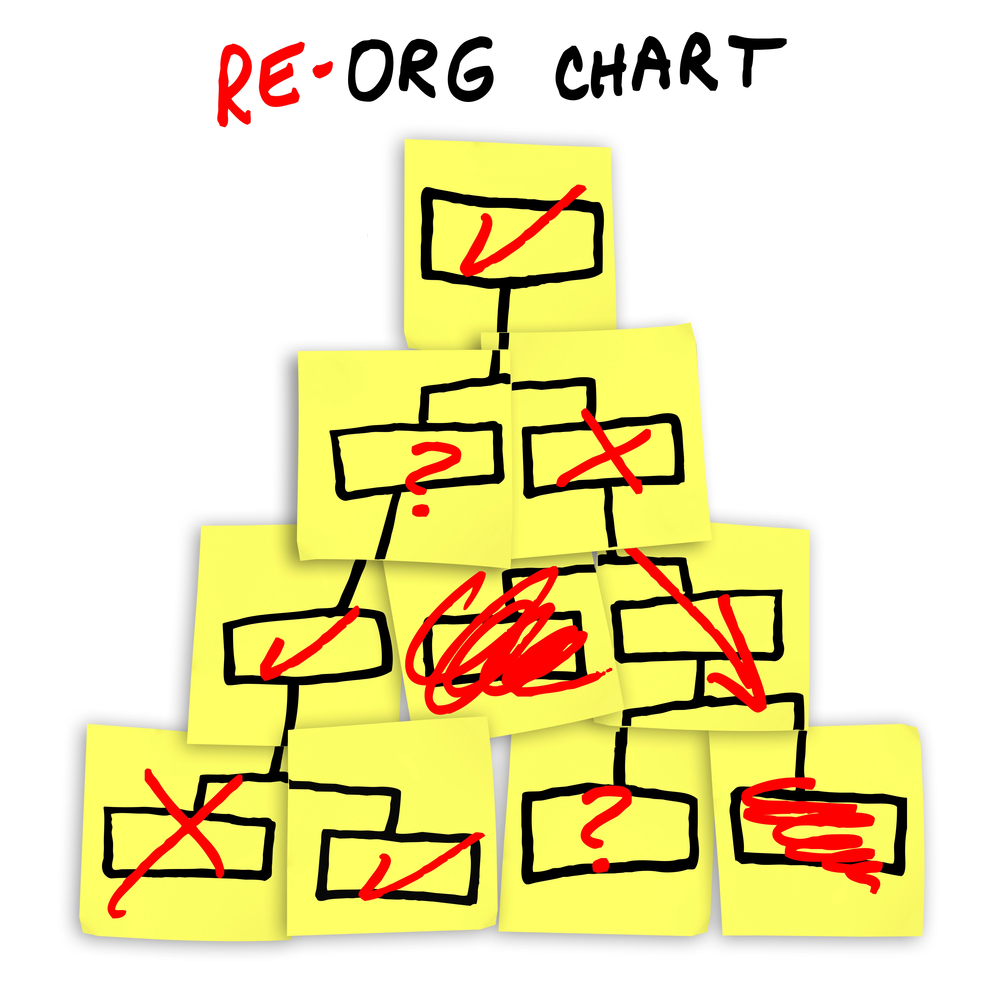 The dread of potential downsizing looms over many workplaces, particularly in volatile times. Whether driven by economic downturns, technological changes, or strategic shifts, organizations may need to reduce their workforce to survive while remaining operational. Naturally, the fear of potential job loss can create a tense and uncertain atmosphere among employees. However, preparing effectively for such an eventuality can diminish your anxiety and position you to manage the potential transition smoothly.
The dread of potential downsizing looms over many workplaces, particularly in volatile times. Whether driven by economic downturns, technological changes, or strategic shifts, organizations may need to reduce their workforce to survive while remaining operational. Naturally, the fear of potential job loss can create a tense and uncertain atmosphere among employees. However, preparing effectively for such an eventuality can diminish your anxiety and position you to manage the potential transition smoothly.
Here’s a guide on steps you can take to prepare for potential downsizing.
1) Stay Informed and Engaged
The first step in preparing for potential downsizing is staying informed.
 Keep your ear to the ground regarding what is happening in the economy, the organization’s financial health and strategic direction, paying close attention to industry trends.
Keep your ear to the ground regarding what is happening in the economy, the organization’s financial health and strategic direction, paying close attention to industry trends.
Rumours can exacerbate anxiety, so seek credible information from official company communications or trusted colleagues. Additionally, maintain a visible presence in the organization and try to contribute in a meaningful way whenever possible. Engage in meetings, contribute to discussions, and ensure that management sees your commitment and efforts.
2) Enhance Your Skills and Adaptability
In an era of rapid technological change (including artificial intelligence [AI]) , continuously enhancing your skill set is key to your long-term survival and career success – even in the face of potential downsizing.
Identify skills that are high in demand both in your organization and the broader industry. Consider ongoing professional development like taking courses (including free online versions), attending workshops, or even gaining certifications that can make you more competitive.
The ability to adapt and learn new skills quickly is valuable and positions you as a versatile employee who can transition seamlessly into different roles as circumstances evolve.
3) Strengthen Your Professional Network
Networking remains a powerful tool for career resilience.
 Cultivate relationships both within and outside your current organization. Attend industry events, join professional groups on platforms like LinkedIn and within your organization (if these groups exist internally), and engage with peers who can offer support and alert you to opportunities should you face a layoff. A robust network can provide valuable insights, job leads, and references that may prove essential during a job search.
Cultivate relationships both within and outside your current organization. Attend industry events, join professional groups on platforms like LinkedIn and within your organization (if these groups exist internally), and engage with peers who can offer support and alert you to opportunities should you face a layoff. A robust network can provide valuable insights, job leads, and references that may prove essential during a job search.
Remember, this takes time. You can’t wait until downsizing has been formally announced.
4) Update Your Resume and Professional Profiles
Keeping your resume and professional online profiles, like LinkedIn, current is a smart and proactive step. I recommend doing this in advance of any official downsizing notifications. It’s much easier to think clearly when you’re not under duress.
Highlight your recent achievements, projects, and new skills you have acquired. A polished and up-to-date resume is essential for quick responses to new job opportunities. An appealing LinkedIn profile reflects your professional journey and invites connections and opportunities that align with your career aspirations.
5) Build Financial Resilience
Preparing financially can significantly alleviate the stress associated with potential downsizing.
Financial advisors/professionals always recommend creating an emergency fund that can cover three to six months of living expenses. Review your financial situation and identify areas where you can cut back if necessary. Additionally, consider exploring multiple income streams, such as freelance work or part-time gigs, which can provide additional financial cushioning while also expanding your skill set.
6) Seek Professional Development Opportunities
 Take advantage of professional development opportunities offered by your employer. These might include training programs, mentorship, sponsorship, acting opportunities, or job shadowing experiences. Organizations often have resources aimed at career growth, and utilizing them shows initiative and an eagerness to advance within or beyond your current role.
Take advantage of professional development opportunities offered by your employer. These might include training programs, mentorship, sponsorship, acting opportunities, or job shadowing experiences. Organizations often have resources aimed at career growth, and utilizing them shows initiative and an eagerness to advance within or beyond your current role.
7) Reflect on Your Career Path
Periods of uncertainty offer a chance for introspection.
Reflect on your long-term career goals and whether they align with your current role and industry.
This might be an opportunity to pivot into a new field, acquire additional skills, education, or training … or finally start your venture. Consider speaking with an experienced career coach or mentor to explore your options and develop a plan that aligns with your values and aspirations.
8) Communicate with Your Employer
Although it may seem daunting, if you have a decent relationship with the person you report to, seek feedback on your performance and areas for growth. Expressing your interest in becoming an indispensable part of the organization may uncover new opportunities or provide insights into your role’s security.
Be Proactive and Try to Remain Positive
While the possibility of downsizing can be very unsettling, it also serves as a reminder of the need for career agility. By taking these proactive steps, we can all transform potential adversity into an opportunity for growth and development. Being prepared allows us to face uncertainties with some confidence, ensuring that we are ready to seize new opportunities when they arise.
These steps not only prepare you for potential downsizing but also enhance your overall career resilience, making you a more appealing candidate for future job opportunities. Remember, preparation and positivity are your allies in navigating the uncertain seas of career challenges.
Did this article spark any career-related questions, plans or concerns?
Reach out today for a free and confidential initial consultation by phone, email, or via direct message on X, Facebook or LinkedIn.
P.S. If you haven’t yet done so, stay in the loop by subscribing to my bi-monthly newsletter. Click here. I promise not to spam, and your email address will always stay private.
If you enjoyed this topic or are interested in ongoing professional and leadership development, you’ll also enjoy reading or listening to How to Be Resilient in Your Career: Facing up to Barriers at Work, my book published in 2023 by Routledge. It’s available in print, as an eBook, and on Audible.
More than career coaching, it’s career psychology®.
I/O Advisory Services Inc. – Building Resilient Careers and Organizations TM.



